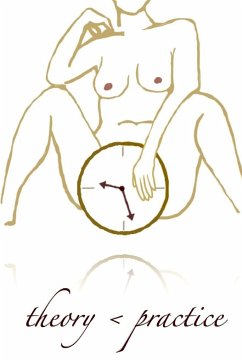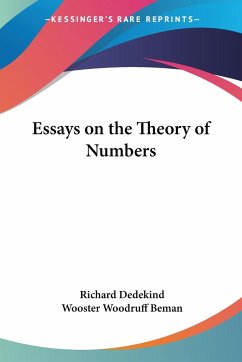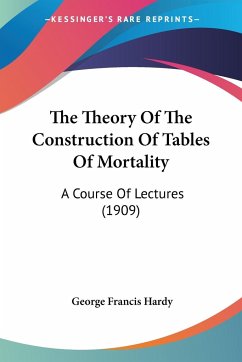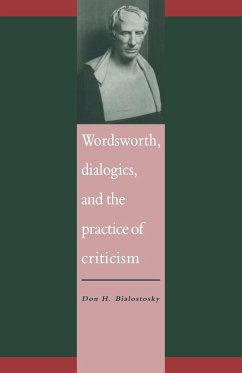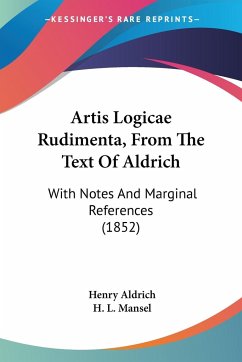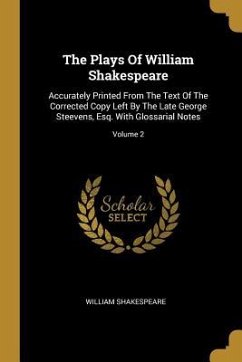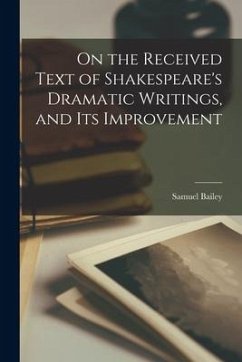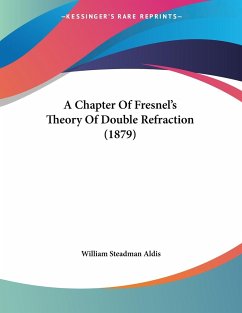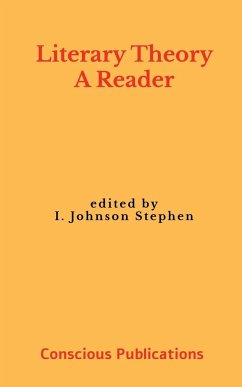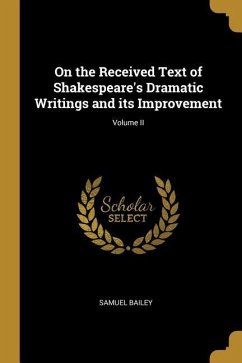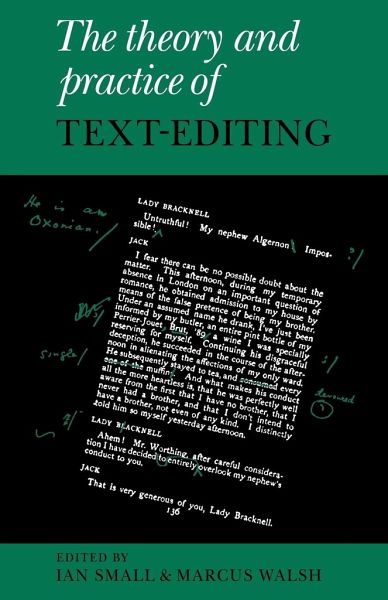
The Theory and Practice of Text-Editing
Essays in Honour of James T. Boulton
Herausgeber: Small, Ian; Walsh, Marcus

PAYBACK Punkte
26 °P sammeln!
This volume of essays, written by practising textual editors and scholars, addresses the practical implications of theoretical issues, taking a variety of texts as examples for the particular editorial problems they pose.The modern published editions in which we read the great literary works of the distant and recent past almost invariably embody the work of a textual editor. Recent literary theory has called into question most of the assumptions on which the practice of textual editing has historically depended. Notions of authorial intention, authority, the status of annotation and commentar...
This volume of essays, written by practising textual editors and scholars, addresses the practical implications of theoretical issues, taking a variety of texts as examples for the particular editorial problems they pose.
The modern published editions in which we read the great literary works of the distant and recent past almost invariably embody the work of a textual editor. Recent literary theory has called into question most of the assumptions on which the practice of textual editing has historically depended. Notions of authorial intention, authority, the status of annotation and commentary, the relationship between 'literary' and non-literary works (such as letters and dictionaries), and hence the concept of literature itself, are central to this debate. This volume of essays, written by practising textual editors and scholars, addresses the practical implications of these theoretical issues, taking a variety of texts as examples for the particular editorial problems they pose. The works of authors as various as Shakespeare and John Clare, Samuel Johnson and D. H. Lawrence, Milton and Oscar Wilde are invoked to demonstrate the practical basis of an editorial discipline which requires theoretical sophistication but resists reduction to any single theory.
Table of contents:
Notes on contributors; Acknowledgements; Introduction: the theory and practice of text-editing Ian Small and Marcus Walsh; 1. D. H. Lawrence: problems with multiple texts John Worthen; 2. Editing Johnson's Dictionary: some editorial and textual considerations Anne McDermott and Marcus Walsh; 3. 'Creeping into print': editing the letters of John Clare Mark Storey; 4. Towards a mobile text Philip Brockbank; 5. Rectifying Shakespeare's Errors: romance and farce in bardeditry Charles Whitworth; 6. Victorian editors of As You Like It and the purposes of editing Russell Jackson; 7. Bentley our contemporary: or, editors, ancient and modern Marcus Walsh; 8. The editor as annotator as ideal reader Ian Small; James T. Boulton: publications 1951-1991; Index.
The modern published editions in which we read the great literary works of the distant and recent past almost invariably embody the work of a textual editor. Recent literary theory has called into question most of the assumptions on which the practice of textual editing has historically depended. Notions of authorial intention, authority, the status of annotation and commentary, the relationship between 'literary' and non-literary works (such as letters and dictionaries), and hence the concept of literature itself, are central to this debate. This volume of essays, written by practising textual editors and scholars, addresses the practical implications of these theoretical issues, taking a variety of texts as examples for the particular editorial problems they pose. The works of authors as various as Shakespeare and John Clare, Samuel Johnson and D. H. Lawrence, Milton and Oscar Wilde are invoked to demonstrate the practical basis of an editorial discipline which requires theoretical sophistication but resists reduction to any single theory.
Table of contents:
Notes on contributors; Acknowledgements; Introduction: the theory and practice of text-editing Ian Small and Marcus Walsh; 1. D. H. Lawrence: problems with multiple texts John Worthen; 2. Editing Johnson's Dictionary: some editorial and textual considerations Anne McDermott and Marcus Walsh; 3. 'Creeping into print': editing the letters of John Clare Mark Storey; 4. Towards a mobile text Philip Brockbank; 5. Rectifying Shakespeare's Errors: romance and farce in bardeditry Charles Whitworth; 6. Victorian editors of As You Like It and the purposes of editing Russell Jackson; 7. Bentley our contemporary: or, editors, ancient and modern Marcus Walsh; 8. The editor as annotator as ideal reader Ian Small; James T. Boulton: publications 1951-1991; Index.





